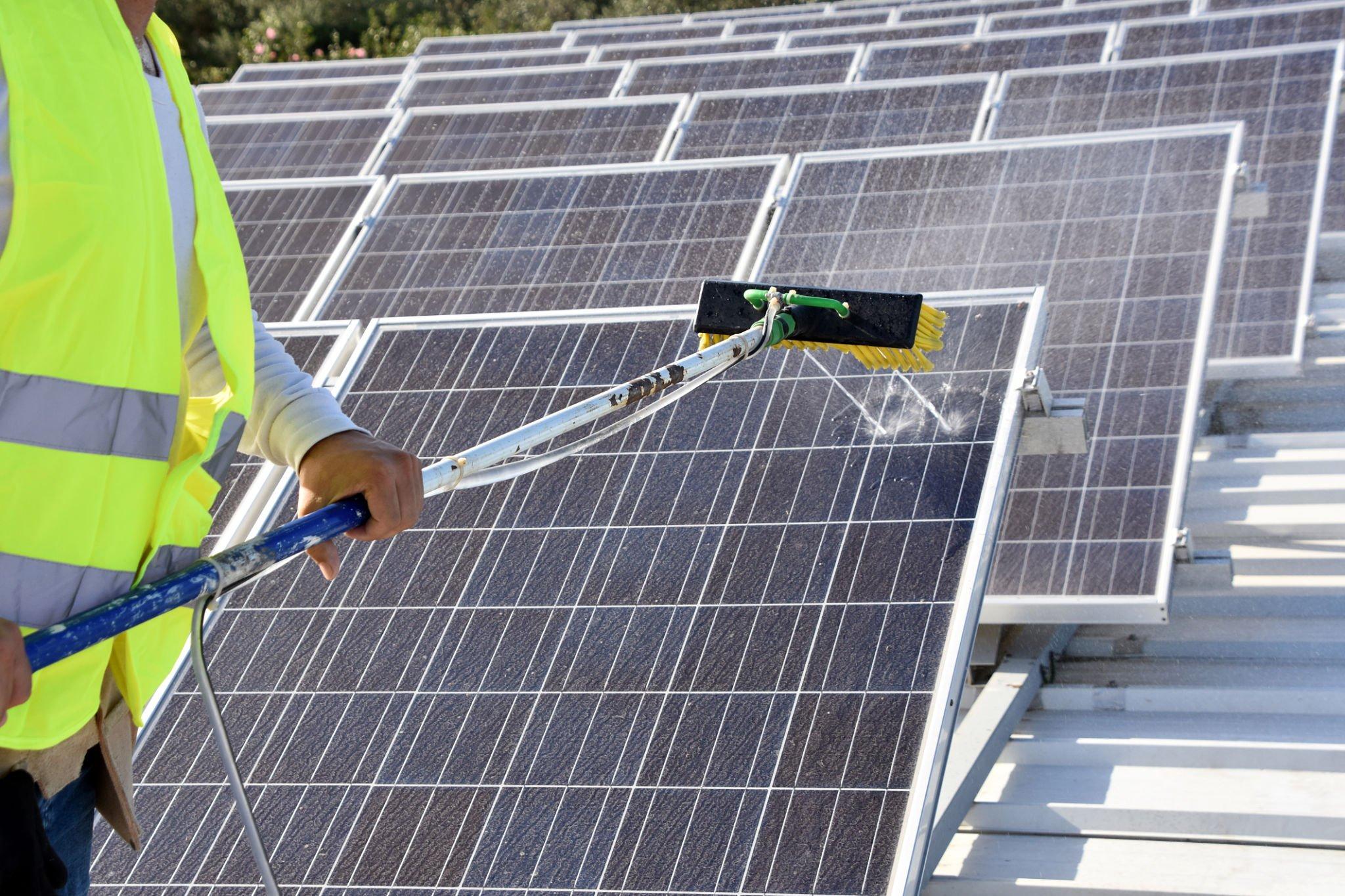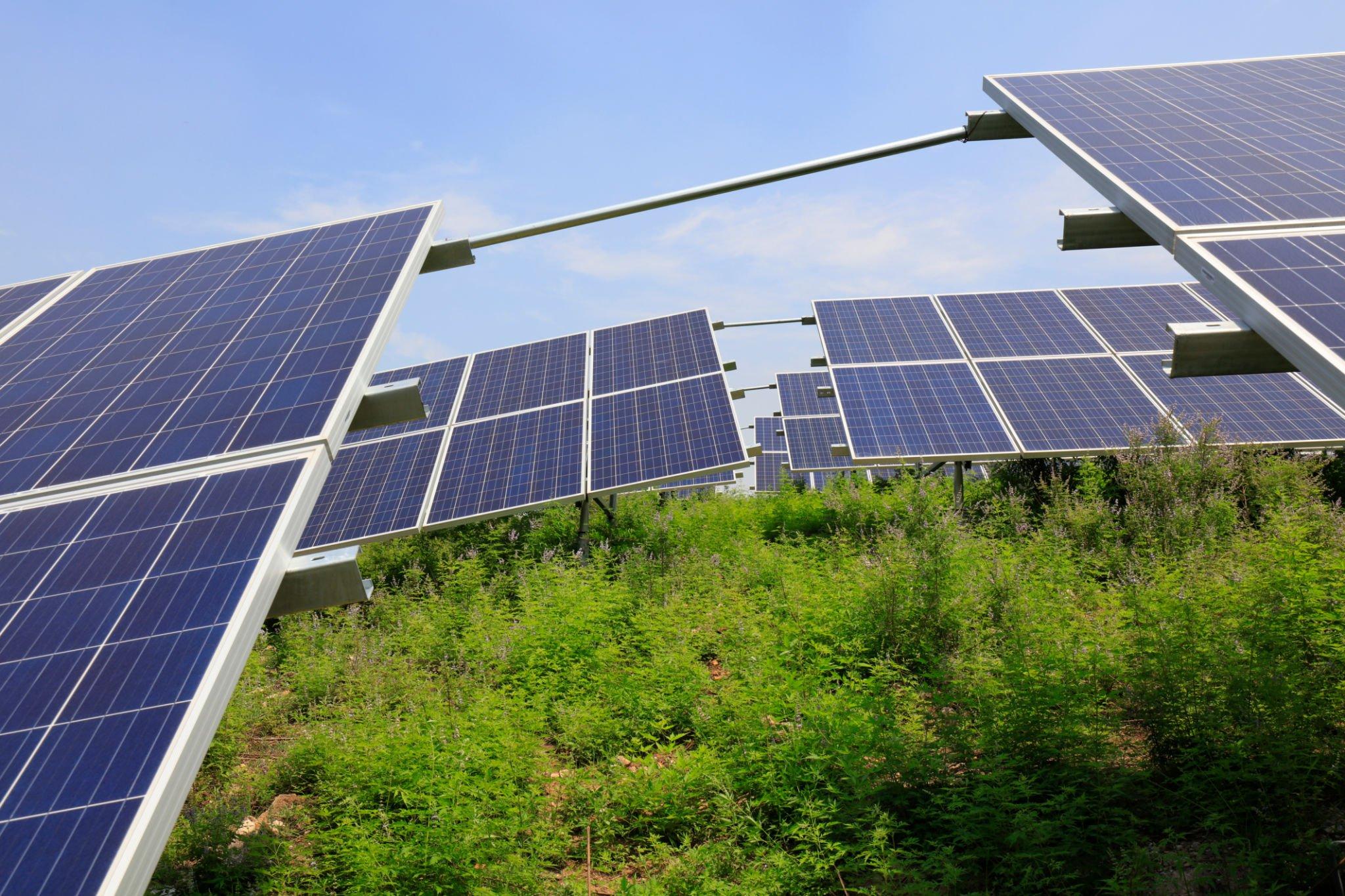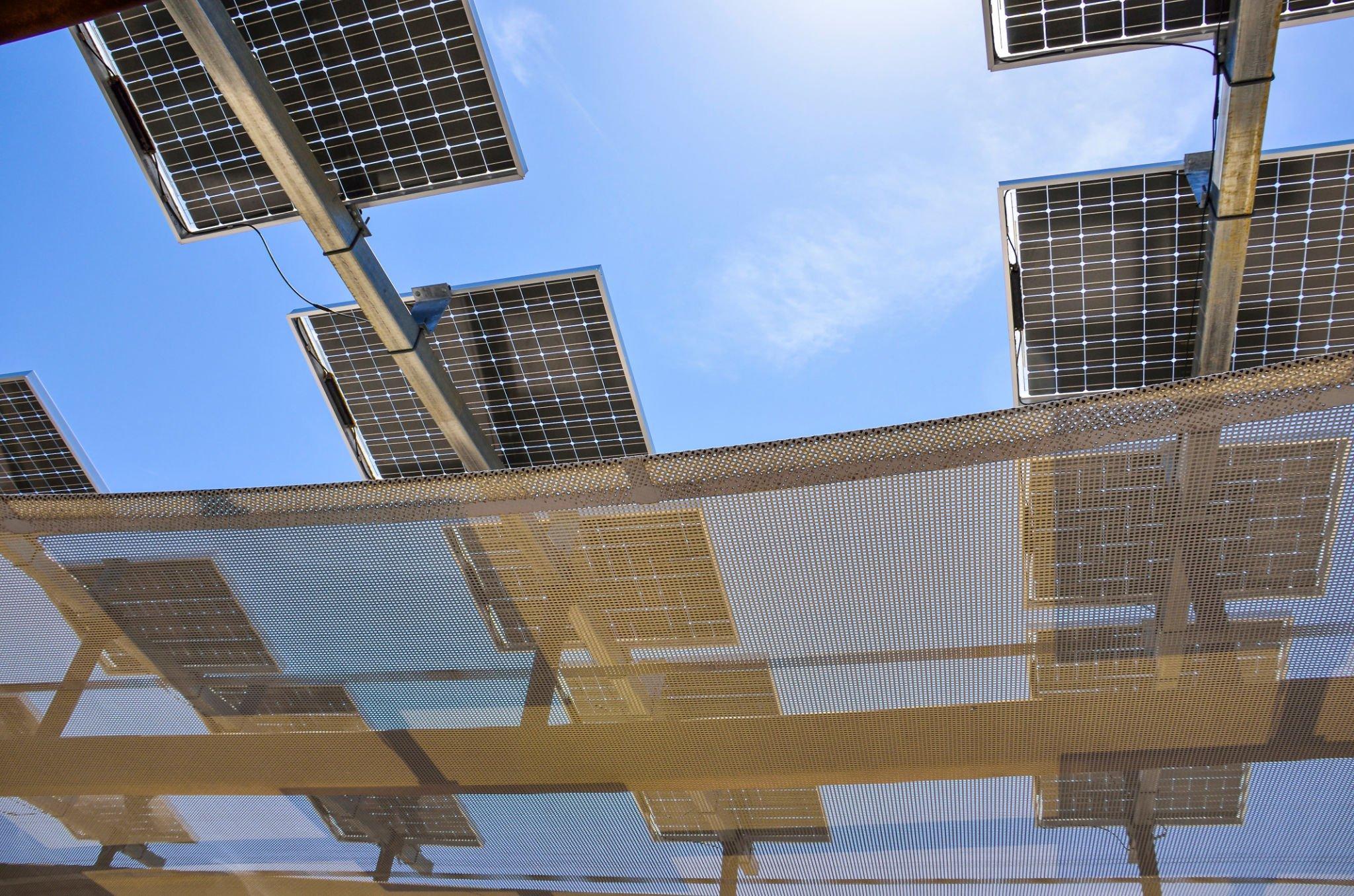
Harnessing the Power of the Sun: How Solar Panels Can Help the Environment
As we strive to combat climate change and transition to a sustainable future, individuals have a significant role to play in protecting the environment. One powerful way to contribute is by harnessing the energy of the sun through solar panels. In this blog post, we explore how installing solar panels can make a positive impact on the environment:
Reduction of Greenhouse Gas Emissions: Solar panels generate electricity from the sun’s rays, a clean and renewable energy source. By utilizing solar power instead of traditional grid electricity, individuals can significantly reduce their carbon footprint. Solar energy produces no greenhouse gas emissions during operation, helping to mitigate the harmful effects of climate change.
Promotion of Clean Air and Improved Air Quality: Traditional electricity production often relies on fossil fuels such as coal and natural gas, which release pollutants into the air when burned. By installing solar panels, individuals decrease the demand for electricity generated from these fossil fuels, leading to cleaner air and improved overall air quality in their communities.
Conservation of Water Resources: Conventional electricity generation, particularly from fossil fuel power plants, requires vast amounts of water for cooling and steam production. By opting for solar panels, individuals can help conserve precious water resources. Solar power generation consumes significantly less water, making it a more sustainable choice for electricity production, especially in regions facing water scarcity.
Preservation of Natural Landscapes: Traditional power generation often necessitates the extraction of fossil fuels, which can result in habitat destruction and environmental degradation. On the other hand, solar panels can be installed on various surfaces such as rooftops, parking lots, or unused land. By utilizing existing structures and spaces, solar power minimizes the need for further land development and helps preserve natural landscapes.
Encouragement of Renewable Energy Adoption: Installing solar panels sends a powerful message of support for renewable energy. When individuals make the choice to invest in solar power, they contribute to the growth of the renewable energy sector. This, in turn, encourages the development of clean energy technologies, the creation of green jobs, and the transition to a more sustainable energy system on a larger scale.
Financial Savings and Long-Term Benefits: Solar panels not only help the environment but also offer financial advantages. By generating your own electricity, you can reduce your dependence on grid electricity, leading to lower energy bills over time. In addition, many regions offer incentives, tax credits, and net metering programs that further enhance the financial benefits of solar power.
Inspiration and Influence on Others: By embracing solar energy and installing solar panels, individuals become ambassadors for renewable energy. Their actions can inspire others to follow suit and make sustainable choices. By sharing their experiences and advocating for solar power, individuals can influence their communities to adopt clean energy practices and contribute to a more sustainable future.
Installing solar panels is a tangible and impactful way for individuals to directly contribute to environmental preservation.
Other News
DATA PROTECTION
WEBSITE COOKIE POLICY
Protecting the privacy of visitors to the website operated by Fellow Energy at (www.fellowsolarenergy.com) is one of our organization’s fundamental principles. This Cookie Usage Policy (“Policy”) explains the types of cookies used and their conditions to all website visitors and users.
Cookies are small text files stored on your computer or mobile device by the websites you visit.
They are commonly used to provide you with a personalized experience while using a website, improve the services offered, and enhance your browsing experience. If you prefer not to use cookies, you can delete or block them through your browser settings. However, please note that this may affect your use of our website. Unless you change your cookie settings in your browser, we will assume that you have accepted the use of cookies on this site.
1. WHAT KIND OF DATA IS PROCESSED IN COOKIES?
Cookies on websites collect data related to your browsing and usage preferences on the device you use to visit the site, depending on the type. This data includes information about the pages you access, the services and products you review, your preferred language selection, and other preferences.
2. WHAT ARE COOKIES AND WHAT ARE THEIR PURPOSES?
Cookies are small text files stored on your device or server by websites you visit through browsers. These small text files, which include your preferred language and other settings, help remember your preferences for your next visit to the site and aid us in making improvements to our services to enhance your experience. This allows you to have a better and personalized user experience during your next visit.
The main purposes of using cookies on our website are listed below:
- To improve the functionality and performance of the website to enhance the services provided to you,
- To enhance the website and offer new features through the website, personalized according to your preferences;
- To ensure the legal and commercial security of the Website, you, and the Institution, and prevent fraudulent transactions through the Site;
- To fulfill legal and contractual obligations, including but not limited to those arising from the Law No. 5651 on the Regulation of Publications Made on the Internet and Combatting Crimes Committed through These Publications and the Regulation on the Procedures and Principles Regarding the Regulation of Publications Made on the Internet.
3. TYPES OF COOKIES USED ON OUR WEBSITE
3.1. Session Cookies
Session cookies ensure the proper functioning of the website during your visit. They are used for purposes such as ensuring the security and continuity of our sites and your visit. Session cookies are temporary cookies that are deleted when you close your browser, and they are not permanent.
3.2. Persistent Cookies
These cookies are used to remember your preferences and are stored on your device through browsers. Persistent cookies remain even after you close your browser or restart your computer. These cookies are stored in your browser’s subfolders until they are deleted from your browser settings.
Some types of persistent cookies can be used to offer personalized recommendations based on your purpose of using the Internet Site.
Persistent cookies allow us to determine if a cookie created by our Internet Site exists on your device when you visit our Internet Site again with the same device. If it exists, we understand that you have previously visited the site, and the content that will be delivered to you is determined accordingly, thus providing you with better service.
3.3. Necessary/Technical Cookies
These are essential cookies for the proper functioning of the visited website, ensuring necessary services by allowing access to secure sections of the website, using its features, and navigating through it.
3.4. Analytical Cookies
These cookies collect information about how the website is used, including the frequency and number of visits, and show how visitors arrive at the site. The purpose of using these cookies is to improve the functioning of the website, enhance performance, and determine general trends. They do not contain data that can identify visitors. For example, they may show the number of error messages displayed or the most visited pages.
3.5. Functional Cookies
These cookies remember the choices made by visitors within the site, ensuring convenience for the next visit. The purpose of these cookies is to provide ease of use for visitors. For instance, they prevent the need for the site user to re-enter their password on each page they visit.
3.6. Targeting/Advertising Cookies
They measure the effectiveness of the displayed advertisements and calculate how many times advertisements are viewed. These cookies aim to present personalized advertisements according to the interests of visitors.
Likewise, they identify specific interests in the navigation of visitors and present suitable content. For instance, they prevent the same ad from being shown to a visitor in a short period.
4. HOW TO MANAGE COOKIE PREFERENCES?
You can change your preferences regarding cookie usage, block or delete cookies by changing your browser settings.
Many browsers offer options to accept or reject cookies, accept only certain types of cookies, or receive a warning from the browser when a website requests to store cookies on your device.
Furthermore, it is possible to delete previously stored cookies from your browser.
If you disable or reject cookies, you may need to manually adjust certain preferences, and some features and services on the website may not function properly as we won’t be able to recognize and associate your account. You can change your browser settings by clicking on the relevant link from the table below.
5. EFFECTIVENESS OF THE WEBSITE PRIVACY POLICY
The Internet Site Privacy Policy is dated 15/08/2023. If the entire Policy or specific articles are renewed, the effective date of the Policy will be updated. The Privacy Policy is published on the Institution’s website (www.fellowsolarenergy.com) and is made accessible to the relevant individuals upon their request.



